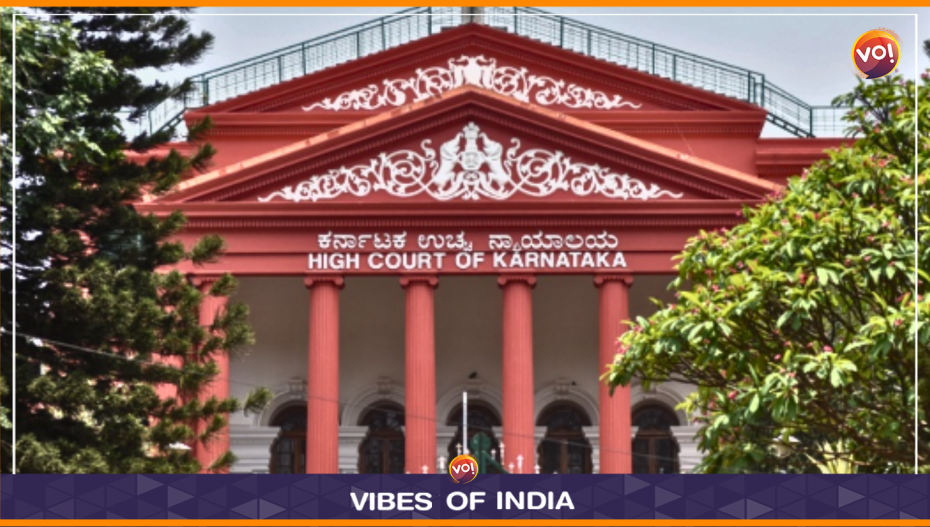In a rather complex issue, the Karnataka High Court on Wednesday ruled in favour of a Bengaluru couple’s petition for a child via surrogacy after they lost their only son in an accident in Mangaluru last year. The plea, however, had to legally fight two existing provisions: the man is above 50 years of age, the surrogate mother is not genetically related to the couple.
The couple, however, must now clear the triple barriers of economic, genetic and physical well-being, to take the matter forward.
On December 13 last year, the petitioner couple —husband (57) and wife (45) now — lost their 23-year-old son, an MBBS intern, in a road accident in Mangaluru. Despite tending towards adoption, the couple decided on surrogacy because adoption being a long process “could take upto three years.” The wife had her uterus removed a few years ago owing to health problems.
While the husband’s sister-in-law (35) agreed to donate her egg, a 25-year-old family friend and mother of two children agreed to be the surrogate carrier.
The road ahead a rocky patch when the couple were subjected to Section 4(iii)(c)(I) of the Surrogacy (Regulation) Act which stipulates that a couple seeking surrogacy should be married, and the man and the woman should not have crossed 55 and 50 years of age, respectively. Added, the surrogate mother “must be genetically related to the couple.”
Hence, the couple had challenged validity of both Section 2(1)(zg) and Section 4(iii)(c)(I) of the act, which deal with genetic relationship with the surrogate mother and the couple’s age criterion.
However, in a landmark ruling on April 21, the HC held that “genetically related” can only mean that the child to be born through surrogacy should be genetically related to the couple seeking surrogacy.”
The section defines surrogate mother as “a woman who agrees to bear a child (who is genetically related to the intending couple or intending woman) through surrogacy from the implantation of embryo in her womb.”
However, viewing the same through jurisprudence, Justice M Nagaprasanna observed that “genetically related” would not have any meaning if it were to be said that the surrogate mother should be genetically related to the intending couple. “That defeats both altruism and logic,” it was maintained.
Since the provisions of Surrogacy Act are pending before the Supreme Court, the judge declined to give any finding on the law. Meanwhile, the State Surrogacy Board has been directed to consider the couple’s application for surrogacy.
Also Read: SC Overrules Guj HC Order Treating Ayurveda Doctors On Par With Allopaths













